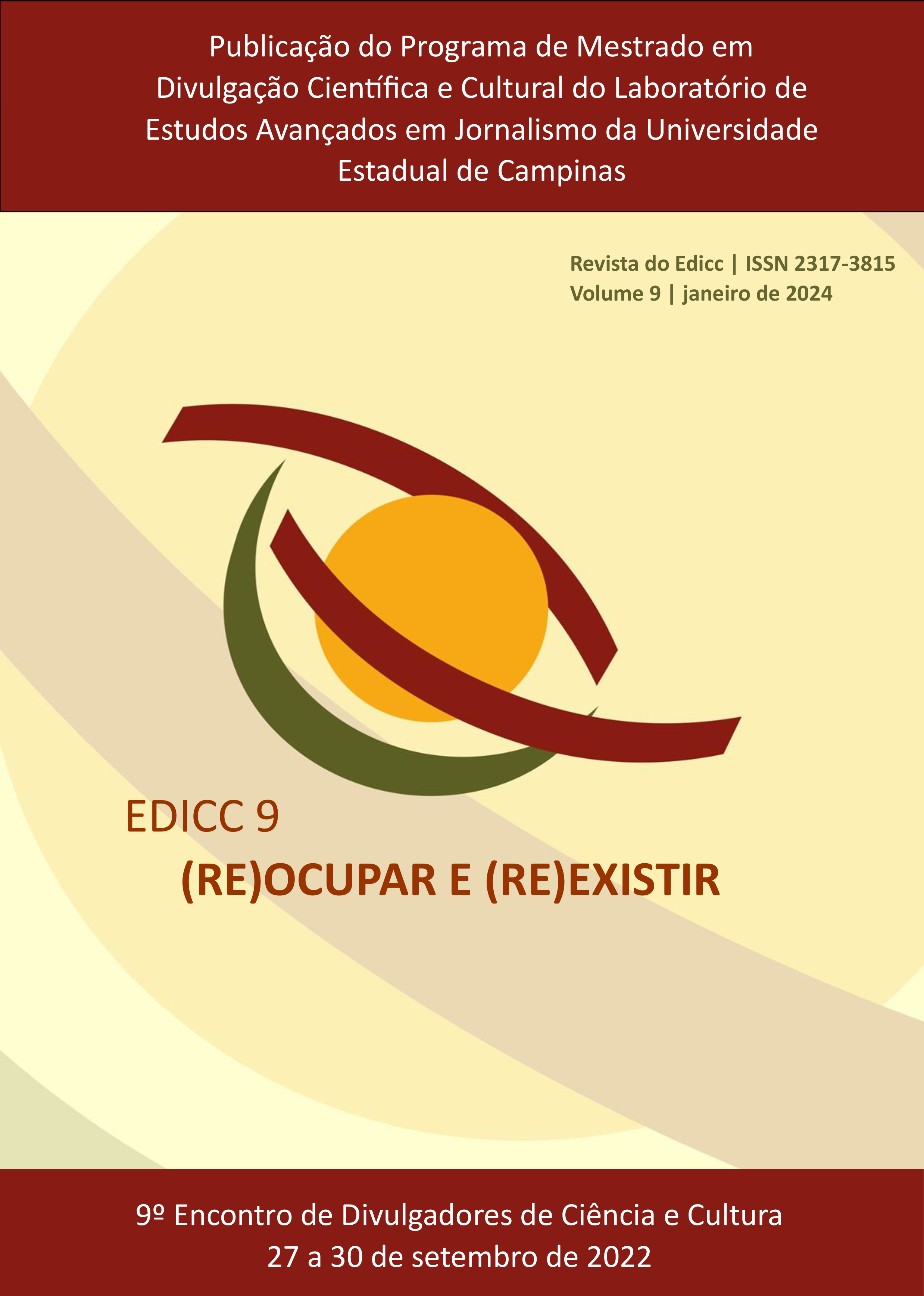SAÚDE MENTAL DO(A) TRABALHADOR(A) E ECONOMIA SOLIDÁRIA: UMA ANÁLISE DAS RELAÇÕES DE TRABALHO E RECONHECIMENTO SOCIAL NO EXTREMO SUL CATARINENSE
Workers mental health and solidarity economy: An analysis of work relationships and social recognition in the far south of Santa Catarina state.
Keywords:
Economia Solidária. Reconhecimento. Saúde Mental. Inclusão Social.Abstract
Solidarity economy (SE) is a social movement whose trajectory reflects the historical struggles of workers against the processes of alienation and social exploitation of work. Therefore, ES is configured as an alternative generator of work, income and social inclusion, involving various economic and social practices, through collaborative work, exercised in functions of production, exchange, provision of services, solidary consumption and fair trade. Although SE is inserted in the individualistic mercantile social system, its practices happen through direct social relations, in which the producer has direct contact with the consumer (through short chains of production and consumption), creating solidarity ties between social actors. Based on ES principles, at Unesc (University of the Extreme South of Santa Catarina), in 2010, the Unesc Solidarity Economy Fair (FES/Unesc) was created, in an initiative of professors and academics linked ) to the Program of Actions in Solidarity Economy (PAES). In this way, the article seeks to understand the existing relationships between recognition, mental health and work relationships in the daily life of FES/Unesc workers. Aiming to investigate how the participants face their difficulties with regard to mental health, how these challenges impact commercial spaces and what are the motivations that move their actions. As methodological procedures, 09 of the 15 FES/Unesc stallholders were interviewed, through a script with open questions, during the first half of 2022. It is concluded that through ES and the different way of working and earning income has been able to promote significant positive changes in everyday life, well-being, quality of life and collective health, recognition and self-realization of the stallholdersDownloads
Published
2024-01-15
Issue
Section
Artigos

